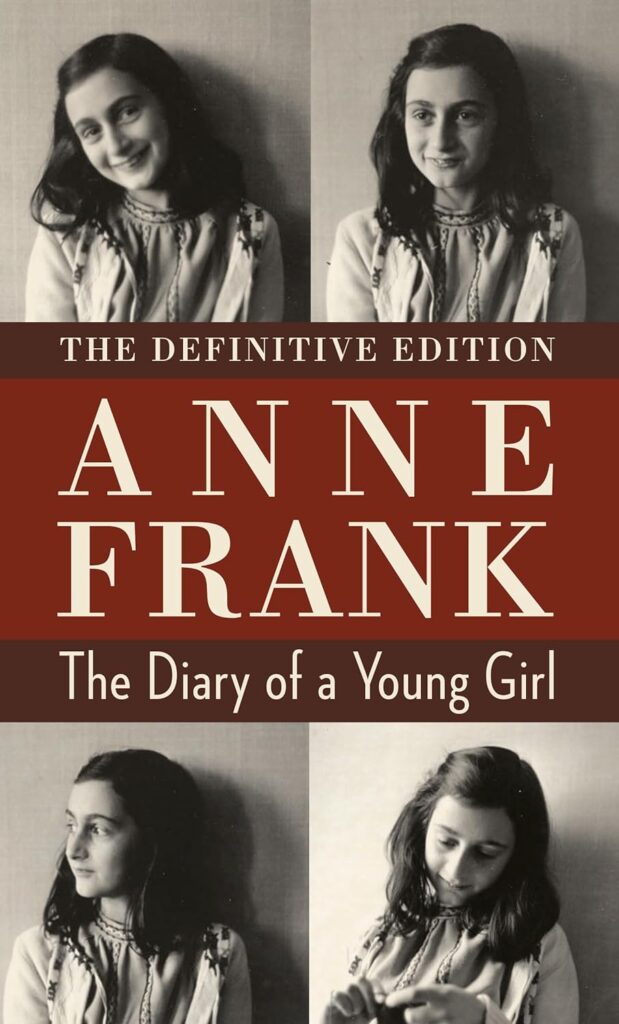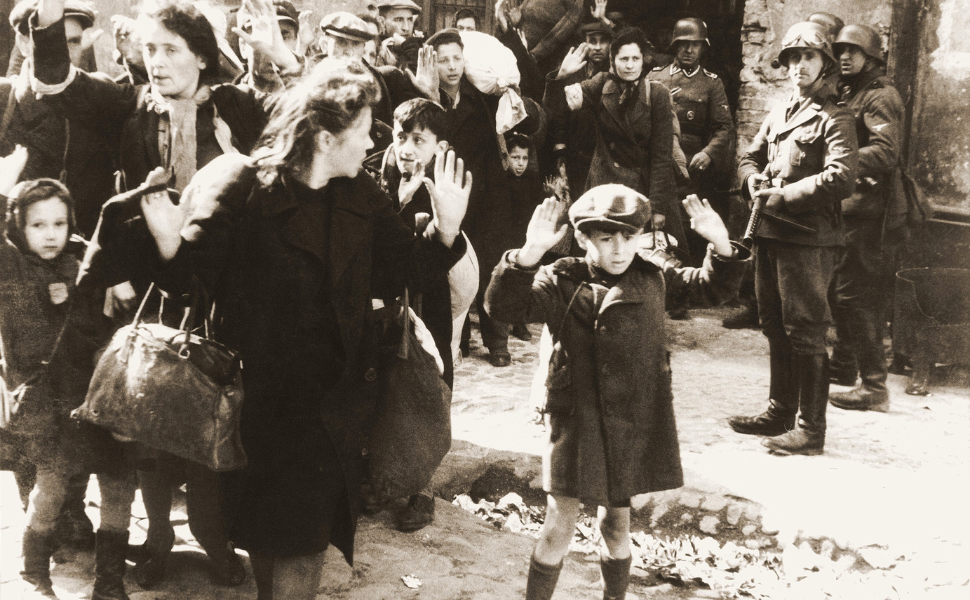It’s hard to put into words the impact that “The Diary of a Young Girl” by Anne Frank has on its readers. This isn’t just a book; it’s a raw, poignant glimpse into the life of a young girl facing unimaginable circumstances. Anne Frank’s diary, written while hiding from the Nazis during World War II, offers more than just a recount of historical events—it’s a deeply personal narrative that resonates with emotions, hopes, and fears that are universally human.
What struck me most when reading Anne’s diary was her voice. Despite the horrors surrounding her, she retained a sense of optimism, curiosity, and a desire to understand herself and the world. This isn’t a story of just a girl in hiding; it’s the story of a young mind grappling with the complexities of growing up, even in the direst of circumstances.
1. A Glimpse into Anne’s World
The diary begins as any typical diary might—descriptions of school, friends, and crushes. Anne was just 13 when she started writing, and her early entries reflect the concerns of any girl her age. But as the pages turn, the world around Anne begins to change. The Frank family, along with others, move into the Secret Annex, a hidden space in her father’s office building where they would remain for over two years.
What stands out is how Anne adjusts to her new reality. Imagine being confined to a small space with seven others, cut off from the outside world, living in constant fear of being discovered. Yet, through her diary, Anne finds a way to cope. She writes about her day-to-day experiences, the tensions in the Annex, her frustrations with the adults, and her reflections on her own identity. It’s this window into her evolving self-awareness that makes her story so compelling. Anne was wise beyond her years, and her observations about human nature, war, and even her own emotions are profound.

2. The Emotional Journey
Anne’s diary isn’t just a historical document; it’s a deeply emotional journey. As the months in hiding drag on, you can feel Anne’s growing restlessness and her struggle to maintain hope. She writes about the fear of discovery, the longing for freedom, and the pain of watching the world outside continue while she remains trapped.
One of the most powerful aspects of her writing is the contrast between the innocence of her thoughts and the horrific reality she was facing. Anne’s musings about love, her future, and her dreams remind us that she was just a young girl with the same hopes as any other. Yet, the shadow of war looms over her words, creating a heart-wrenching tension between her inner world and the outer chaos.
Throughout the diary, Anne often reflects on her relationships with the others in the Annex, especially her mother and Peter, the son of another family in hiding with them. These reflections reveal a complex mix of emotions—anger, love, frustration, and longing. It’s these honest, raw emotions that make Anne’s diary so relatable. She wasn’t just writing for herself; she was writing to make sense of a world that had been turned upside down.
3. The Struggle for Identity
Another key theme in Anne’s diary is her struggle for identity. Confined in the Annex, away from the social circles of school and friends, Anne uses her writing to explore who she is and who she wants to be. She grapples with the expectations placed on her as a young Jewish girl in a time of war, and her own desire to be more than just what others see.
Anne’s reflections on her own character, her flaws, and her dreams are some of the most poignant parts of her diary. She was constantly growing, learning, and questioning herself. She dreamed of becoming a writer, of making a difference in the world, and her diary became the outlet for these aspirations. In her own words, she wanted to be more than just a girl in hiding—she wanted her voice to be heard, her story to be told.
This desire for self-expression is something that resonates with all of us. Even in the darkest of times, Anne held onto the hope that her words would matter. And indeed, they have. Her diary has become a voice for the millions who were silenced during the Holocaust, and a reminder of the resilience of the human spirit.
4. The Impact and Legacy
What makes “The Diary of a Young Girl” so enduring is its impact on readers across generations. This isn’t just a story from the past; it’s a reminder of the consequences of hatred, bigotry, and war. Anne’s diary humanizes the Holocaust in a way that no history book can. Through her eyes, we see the real, personal cost of the atrocities committed.
Anne’s legacy is one of both tragedy and hope. While her life was cut short, her words continue to inspire millions. The diary serves as a call to action—a reminder that we must never forget the horrors of the past, and that we must continue to fight for a world where such atrocities can never happen again.
But beyond its historical significance, Anne’s diary is also a testament to the power of the written word. It’s a reminder that even in the darkest of times, there is hope. Anne’s words, filled with longing, fear, and hope, continue to resonate because they touch on something deeply human. They remind us of the resilience of the human spirit, and the power of hope in the face of adversity.
5. A Story That Stays with You
Reading “The Diary of a Young Girl” is not an easy experience. It’s a journey through fear, loss, and despair. But it’s also a journey through hope, resilience, and the enduring power of the human spirit. Anne Frank’s voice, captured in those pages, is one that stays with you long after you’ve closed the book.
Her diary forces us to confront the realities of the Holocaust, but it also challenges us to think about the world we live in today. Are we doing enough to prevent such hatred from taking root again? How can we ensure that the lessons of the past are not forgotten?
Anne’s story is one that will continue to be told for generations. It’s a story of a young girl who, despite everything, believed in the goodness of people. It’s a story that challenges us to look at ourselves, our world, and the ways in which we can make it better.
So, as you reflect on Anne’s words, ask yourself: What can we do to ensure that the horrors of the past are never repeated? How can we keep the memory of those who suffered alive? And how can we, in our own lives, carry forward the hope and resilience that Anne embodied?
Anne Frank’s diary is more than just a book—it’s a legacy. And it’s up to all of us to ensure that her story continues to be told, remembered, and learned from.




